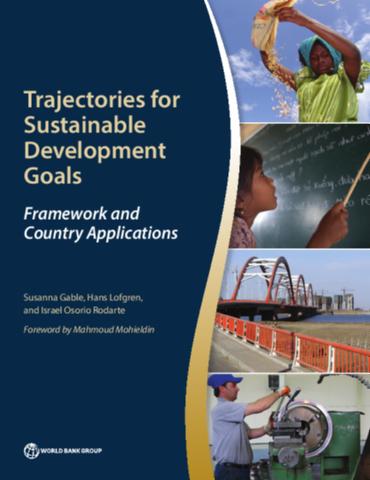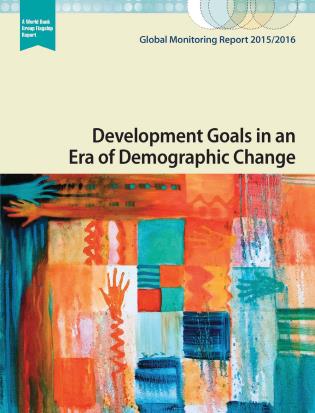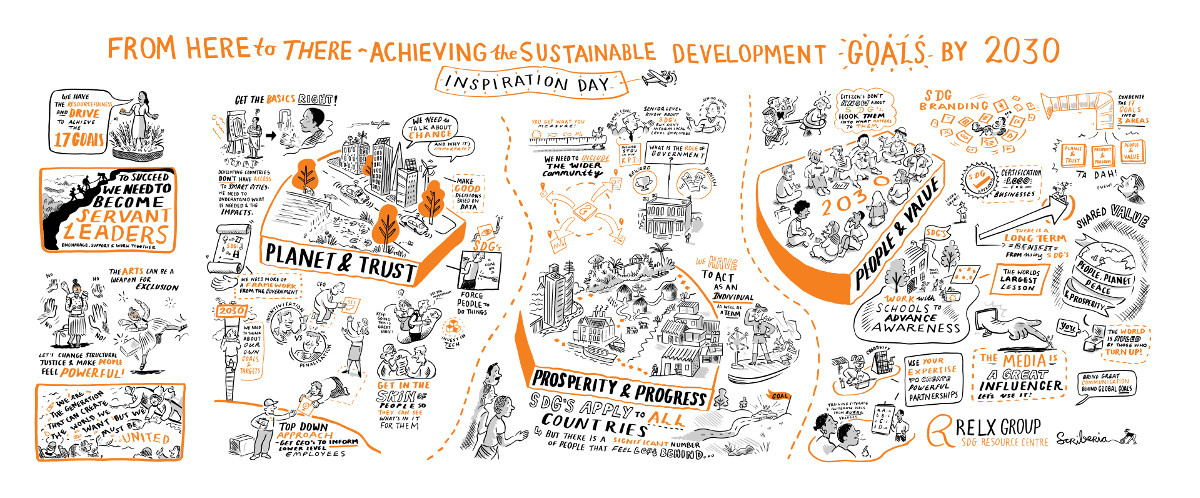This book chapter advances SDGs 3 and 10 by providing a summary of recent studies of the relation of poverty to chronic kidney disease and related outcomes.
This book chapter advances SDGs 3 and 10 by ensuring equitable access to medications, technologies and clinical care are central to service delivery for effective screening, prevention and kidney disease management.
Elsevier,
Gopalakrishnan, Varsha and Bakshi, Bhavik R., "Including Nature in Engineering Decisions for Sustainability", Editor(s): Martin A. Abraham, Encyclopedia of Sustainable Technologies, Elsevier (2017), Pages 107-116
Through the practice of biomimicry, engineering can both emulate and conserve the natural world. In this chapter, the author notes that our development practices have often "ignored or undervalued" nature, and describes the ways in which we can aim to build systems that are self-sustaining and resilient, much like earth's ecosystems. This chapter advances SDGs 7, 11 and 13.
This book presents the country development diagnostics post-2015 framework, developed by the World Bank Group to assess the country-level implications of the post-2015 global agenda, as well as brief, ‘at-a-glance’ applications of the framework to ten countries: Ethiopia, Jamaica, the Kyrgyz Republic, Liberia, Nigeria, Pakistan, Peru, the Philippines, Senegal, and Uganda.
Partner content
The 2015/2016 Global Monitoring Report, produced jointly by the World Bank and International Monetary Fund, details the progress the world has made towards global development goals and examines the impact of demographic change on achieving these goals.
Elsevier published Sustainability Science in a Global Landscape which analysed the sustainability science research according to six themes: Dignity, People, Prosperity, Planet, Justice, and Partnership. Key data has since been updated covering 2011 to 2015 for the top 15 countries in sustainability science output.
Tourism and hospitality are labour intensive, with 8% of the global workforce employed in the sector. The critique of employment conditions in the sector is deeply rooted, low remuneration, anti-social hours, insecurity, limited access to training and poor career progression are charges regularly levelled at the industry. The World Responsible Tourism Awards showcases many examples of companies choosing to have inclusive labour practices.
RELX Group launched the SDG Resource Centre at its Inspiration Day on 21 June 2017, in partnership with UN Global Compact UK, the Business and Sustainable Development Commission and the Responsible Media Forum. The launch brought together business, government and civil society with keynote speeches from SDG thought leaders whose calls to action underline the importance of SDG 17.6 to enhance the global partnership for sustainable development, complemented by multi-stakeholder partnerships that mobilize and share knowledge, expertise, technology and financial resources.
Accountability and adaptive management of recent global agreements such as the Sustainable Development Goals and Paris Climate Agreement, will in part rely on the ability to track progress toward the social and environmental targets they set. Current metrics and monitoring systems, however, are not yet up to the task. We argue that there is an imperative to consider principles of coherence (what to measure), standardization (how to measure) and decision-relevance (why to measure) when designing monitoring schemes if they are to be practical and useful.
Background Cancer is a major cause of death in children worldwide, and the recorded incidence tends to increase with time. Internationally comparable data on childhood cancer incidence in the past two decades are scarce. This study aimed to provide internationally comparable local data on the incidence of childhood cancer to promote research of causes and implementation of childhood cancer control.



